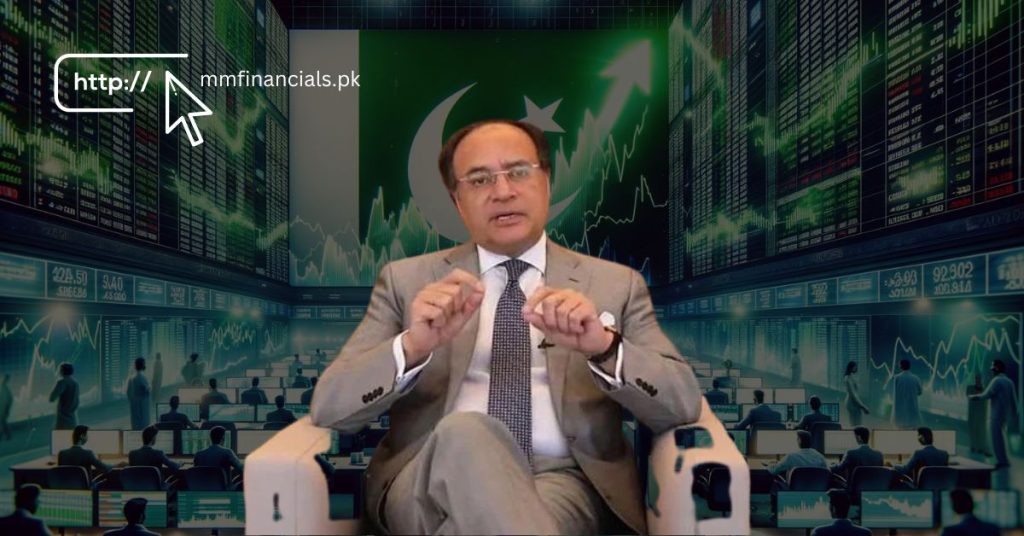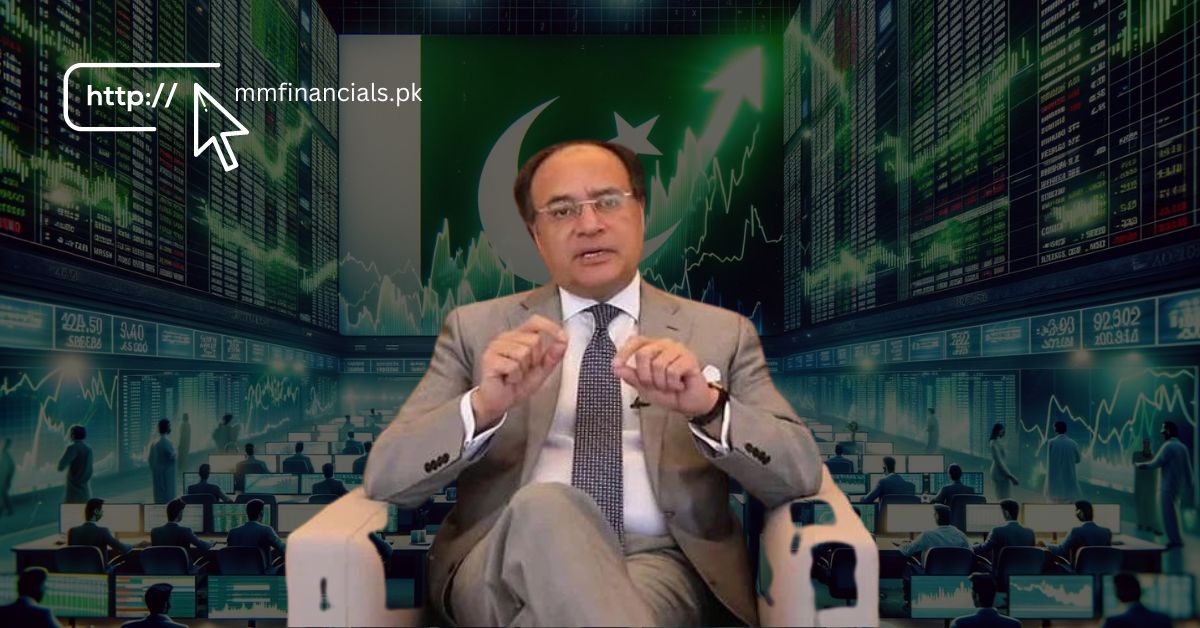Finance Minister Muhammad Aurangzeb has reported an “encouraging” response from China regarding Pakistan’s request to reprofile its power sector debt. Speaking on the sidelines of the annual meetings of the International Monetary Fund (IMF) and World Bank, the finance minister noted that the discussions are in their early stages but show promise. This development could offer much-needed relief to Pakistan as it seeks to extend debt maturities, particularly for loans used to build power plants, creating space to lower electricity prices.
Aurangzeb’s statement reflects optimism about the ongoing negotiations, which are part of broader efforts to stabilize Pakistan’s economy amidst rising debt obligations. “We’ve had so many programmes. We’ve had boom and bust cycles,” Aurangzeb said, emphasizing that Pakistan has no choice but to continue with structural reforms.
Power Sector Debt Relief
The discussions with China come at a critical time for Pakistan, which is grappling with significant debt tied to its power sector, much of it linked to projects developed under the China-Pakistan Economic Corridor (CPEC). In July, reports emerged that the finance ministry was already in talks with Chinese officials regarding the reprofiling of power sector debt, alongside implementing structural reforms advised by the IMF.
This debt relief is seen as a way to ease fiscal pressure, and potentially reduce electricity prices for consumers. As the report indicates, China has already rolled over $16 billion in loans out of a total of $26 billion in the fiscal year starting in July, signaling its continued support for Pakistan’s financial stability.
Future Financing from IMF
Aurangzeb also revealed that Pakistan is considering additional financing options from the IMF, specifically through its climate resiliency fund. The country’s financial strategy, which includes structural reforms and debt reprofiling, is aimed at creating fiscal space while maintaining economic growth.
However, the Chinese embassy in the U.S. refrained from commenting on whether China had formally agreed to extend loan maturities. Nevertheless, the embassy spokesperson reaffirmed China’s commitment to supporting Pakistan’s economic development and financial stability.
Shrinking Government Costs and Privatization Efforts
In line with his push for structural reforms, Aurangzeb underscored the government’s commitment to reducing its footprint in the economy. “We know we have no business being in business,” the finance minister stated, referring to plans to cut government costs. The government aims to eliminate 150,000 federal positions and reduce the number of ministries, creating an enabling environment for the private sector to thrive.
Expanding the Tax Base
As part of its fiscal consolidation efforts, the government plans to begin collecting taxes from previously untaxed sectors, such as retail and agriculture, by July 2025. Provincial governments are expected to pass legislation to facilitate agricultural taxation by January. These measures are essential to broadening the tax base and boosting revenue, addressing one of the country’s longstanding fiscal challenges.
Monetary Policy Outlook
On the monetary front, Aurangzeb hinted that the State Bank of Pakistan (SBP) may reduce its policy rate further at its next Monetary Policy Committee (MPC) meeting, scheduled for November 4. This follows the central bank’s September decision to cut the key policy rate by 200 basis points, bringing it down to 17.5% from 19.5%. The reduction was driven by improved inflation numbers, which had fallen to a 44-month low of 6.9%, supported by a stable currency, increased domestic agricultural production, and declining global commodity prices.
Conclusion
Pakistan’s ongoing discussions with China about power sector debt reprofiling could provide the country with much-needed fiscal relief, allowing it to focus on structural reforms and economic growth. Meanwhile, plans to broaden the tax base, streamline government operations, and lower interest rates reflect a comprehensive approach to stabilizing the economy. As negotiations continue, the government’s ability to implement these reforms will be key to achieving long-term financial stability.

















